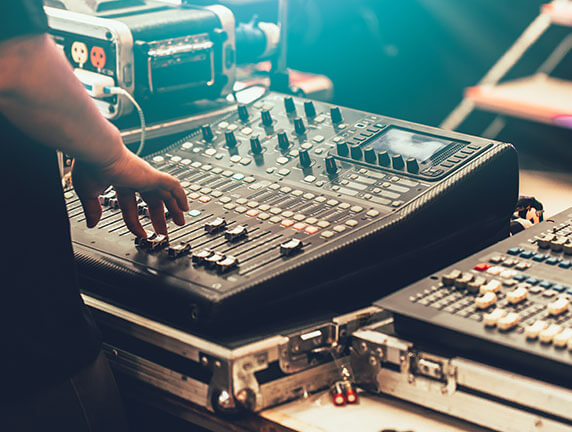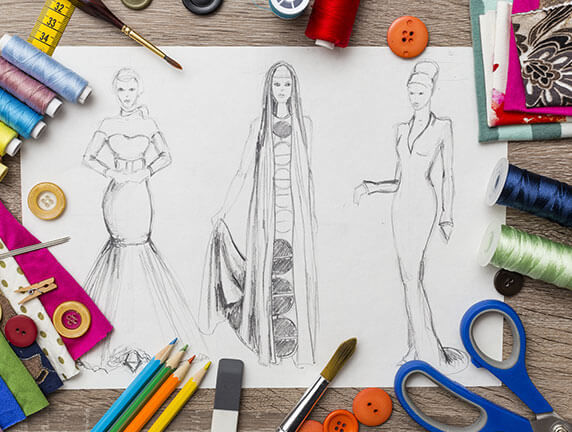Are you an art lover and wish to take your passion to the next level? Well, you can do that by grabbing a course in performing arts. The courses are numerous and available at top universities globally. Thus you will get a first-class education. With that, you will open a wide range of opportunities aimed at helping you and other people in general.
- Gain confidence, practice critical thinking, lateral thinking, and improve your skills by studying music, drama, and theatre arts.
- Communicate intellectually and emotionally, connect with others and gain skills like focus, poise, and overcoming anxiety.
- Explore numerous specializations like live sound, music theatre, theater arts, design and technology, drama, etc.
- Experience physical and personal development through body control, fitness, and awareness, positive lifestyle choices, to name a few.
- Learn to appreciate different cultures and communities by engaging in drama, music, and dance.
Top Marketable Careers for Performing Arts Course Graduates
Performing arts graduates have more advantages than artists who have no education in arts. They can work as professional actors, dancers, musical theatre performers, theatre directors, screenwriters, and art administrators. Their working environment would largely revolve around schools, theatres, and studios, depending on their specialization. Some of the top-performing disciplines you can choose in performing arts include:

Music
The musician's primary role is to entertain people through impeccable music. They show their music skills by singing and playing instruments for audiences and crowds. Musicians mainly perform in concerts, weddings, events, and nightclubs.
Since they are highly trained, they can play several instruments while singing and tuning the music so that the audience will flow with and enjoy. Music is a broad area; hence you can work as a music producer, recording artist, artist manager, session musician, tour manager, music teacher, booking agent, music publicist, composer, music arranger, etc.

Live Sound
A live sound artist regulates different sound levels of various instruments during a performance. They adjust the volume levels for the vocal sound and instruments to give a pleasant sound to the ears. Additionally, they use the audio mixing board to bring together the inputs from different microphones present on stage.
Their main goal isn't just to balance the sound, but also to ensure it corresponds to the audience and band's desires. The need for a live sound artist is rapidly increasing with the increase in the music industry and many artists rising. They work in numerous places such as live music venues, traditional theatres, live concerts, etc.

Dance
Dance refers to an artistic performance of music using accurate and highly measured gestures and steps. The dancers practically use coordinated body movements to express different emotions using dance sets to music. They engage in modern, acrobatic, or classical dances.
Moreover, the dancers also develop a unique routine and perform choreographed routines set to music. They work with several groups, including students, folk, jazz, ethnic, and tap. They also take signals from music and alter their styles according to the rhythm.

Theatre Arts
Theatre artists are actors that perform fictional or real stories to an audience. They use poems, drama, songs, dance, musicals, and speech to express their arts. Their responsibility is to learn and practice lines, dances, and vocals; take part in costume fittings; deeply research character and play; engage in dress and technical rehearsal; team up with other performers; use costume and props during their act, etc.
Their specialized skills are memorization, creativity, speaking, teamwork, reading, and improvisation. These skills play a significant role in helping them execute their duties. They also work in school settings where they teach different acting skills.

Music Performance
Music performance encompasses various steps in the musical process where the musical ideas are realized and transmitted to a respective listener. A music performance artist has a bachelor of music (Performance) thus interprets musical lyrics or dance then relays them in production. They also show emotions and convey a story using vocals, body movements, and instruments.
They also teach students the strategies for performing specialized crafts. They collaborate with music directors to ensure performance is on a soundtrack. The music performance artist uses technical skills to read scripts and memorize musical notes and lines

Sound Design
Sound design is a highly artistic area of production. Sound designers majorly track all sound effects from different sources such as live or recorded for a specialized output. They set up the sound playback equipment and train the board operator to give excellent results.
Besides, the sound designer teams up with the director and comes up with the right sound design to make a cue list. They also identify any other sound reinforcement equipment they may need and set it up. They have to be familiar with all sound equipment and know-how to record the effects. It's a must for them to be familiar with a computer editing program to give excellent work.

Costume Designing
A costume designer has specific skills similar to a traditional fashion designer. That enables them to develop costumes/outfits that blend with different scenes. They also team up with lighting designers, scenic, sound designers, and other creative personnel to decide the right acting outfit.
Before costume designers start their process, they have to study the whole script and carefully evaluate its tone, plot, and period. They also ensure every costume they choose communicates the social status, age, and dramatic function of a character. Each actor's costume is compiled in a costume plot that tracks every character chronologically through the story

TV and Film Production
TV and film producers control the entire production process, oversee the funds, and ensure the whole production is within the estimated budget. They look out for commercial viability and creative opportunities for production. They are the final decision-makers; hence develop ideas and hire writers to script them.
Furthermore, they identify and solve potential problems that may hinder production. They are aware of the creative processes of making a film or TV program stand, such as screenwriting, directing, and finally editing. They have extensive knowledge of what makes a film successful and have the vital marketing skills to market to the public and distributors.

Stage Management
A stage manager oversees all the teams that take part in the day-to-day running of the theater production to performance and the post-show. They collaborate with the entire company to ensure the show is booming.
Additionally, the stage managers manage props and furniture during the run. They cue the sound and lighting technician. They can also make changes to props and set between scene changes and take charge of the onstage and backstage area during the performance.
Need help with finding a top performing arts course?
Get a call back
 +254 799 000 444
+254 799 000 444

